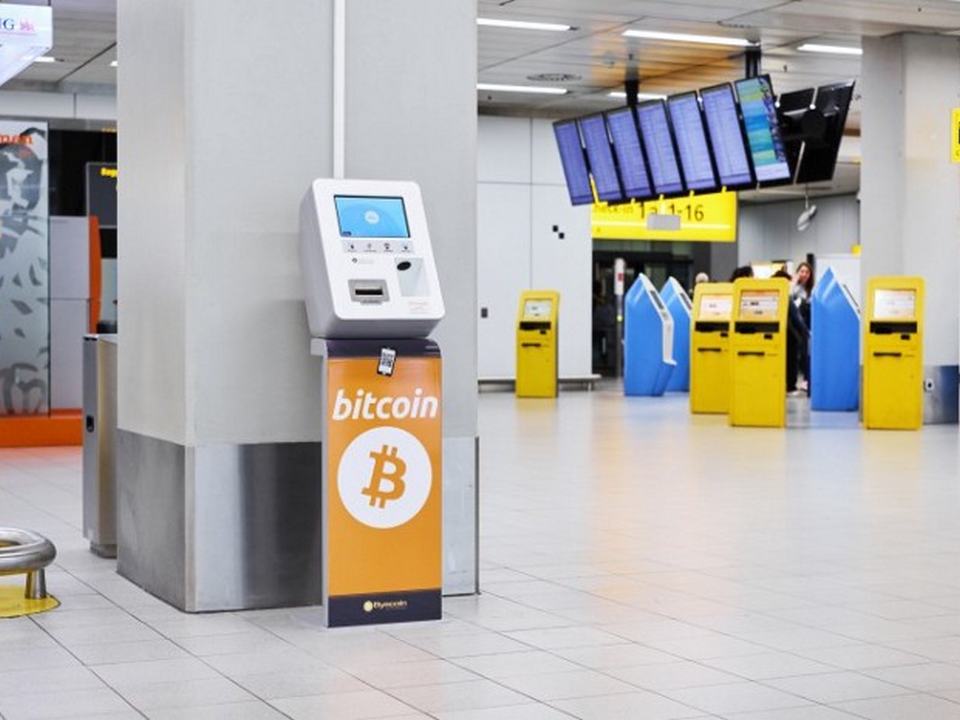
If you thought that cryptocurrencies are small coins thrown up at Thai cremations to ward off evil spirits, think again. The Ministry of Tourism hopes that more general acceptance of bitcoin in particular – thought to be traded by the world’s wealthiest elite – will be a big step in the ongoing campaign to attract the international high rollers and new-age millionaires.
This is the latest in a series of governmental moves designed to attract to Thai shores the non-economy traveller. Ongoing schemes have included hi-tech Smart visas not requiring a work permit, encouragement of property purchases, significant cash investment or purchase of Thai bonds – variously to obtain hassle-free permits to stay or even the lure of permanent residency. Not to mention the expansion of the Elite card aimed at the hi-flying international business community.

Ministry of Tourism governor Yuthasak Supasorn says his office is conducting a feasibility study on implementing long-term digital currency at tourism destinations such as Phuket and Pattaya which, he believes, will help rescue the country from the tourist doldrums. Bitcoin, a decentralized digital currency, is essentially a computer file which is stored in a digital wallet app on a smartphone or computer. People can send bitcoins, or part of one, to their digital wallet or to those of traders they want to do business with. Transactions are recorded in a public list called a blockchain.
Digital currency is already in use in parts of the international travel industry to which it is well-suited. It does not require ATM charges or currency conversion fees. It is superior to credit card payments which can take longer as banks try to communicate with each other to approve payment. Bitcoin is a peer-to-peer transaction process which does not require intermediaries, hence reducing the cost to the end user – the tourist.

Arguments against bitcoin include the volatility of exchange rates, the legitimacy of some players entering an immature, but fast-growing, marketplace and lingering doubts about whether bitcoin is a technological revolution or a financial hoax. Nonetheless, the growth is spectacular. Telecom giant AT and T now accepts bitcoin cash payments and travel companies such as Expedia and Cheapair are participating. Thailand has a number of exchanges, such as Bitkub, but not many businesses are yet accepting cryptocurrency.
Meanwhile, the Thai government is examining the possibility of reducing the current, compulsory quarantine of two weeks to three days and two nights for international travellers who have been vaccinated, or even to abolish it altogether for heavily-supervised tour groups. Whether the bitcoin and quarantine developments actually see the light of day remains to be seen. There is a track record here of one governmental agency recommending a tourist initiative – such as the Snowbird visitor plan or the travel bubble scenario – only to be ignored or overturned by the Cabinet. However, Glenn Fogel, chief executive at market leader Booking.com, is on record as saying that cryptocurrency is set to transform tourism in the post-pandemic era. Pattaya had better be ready.





